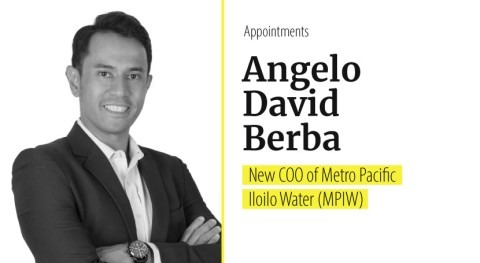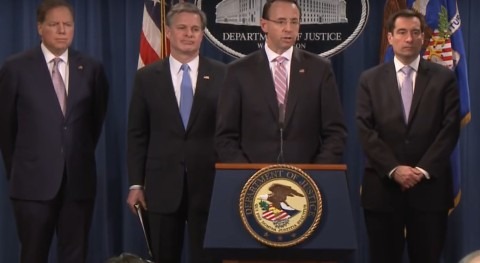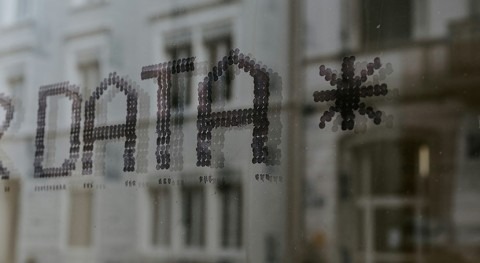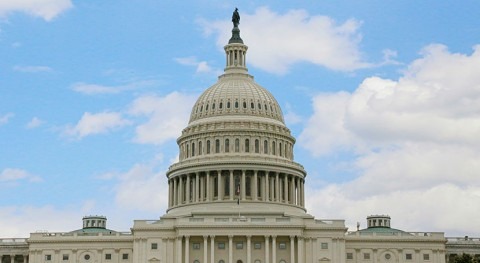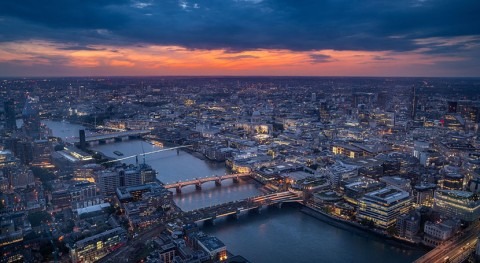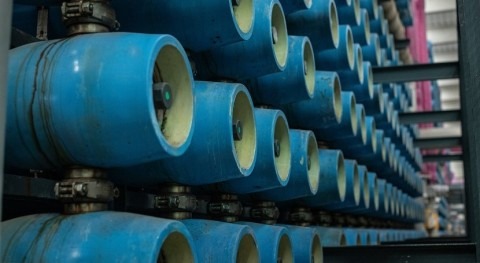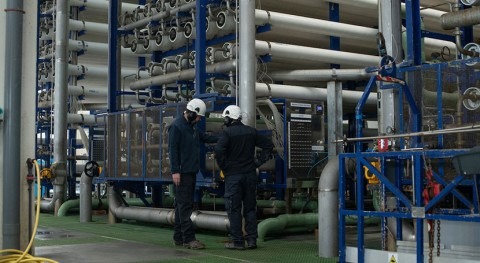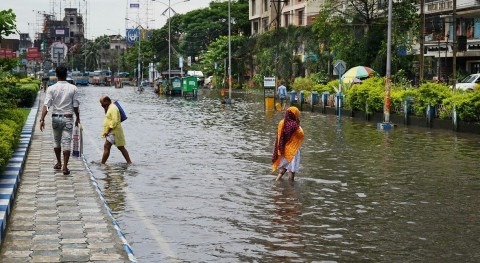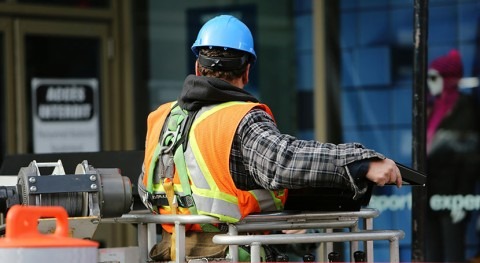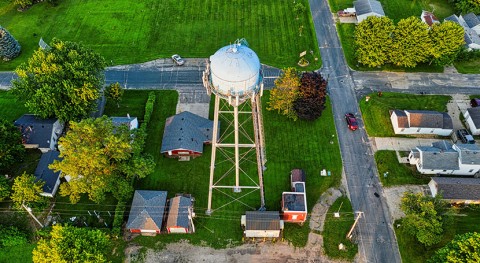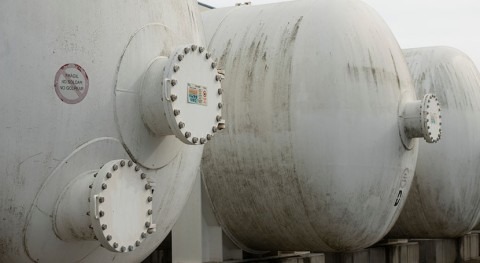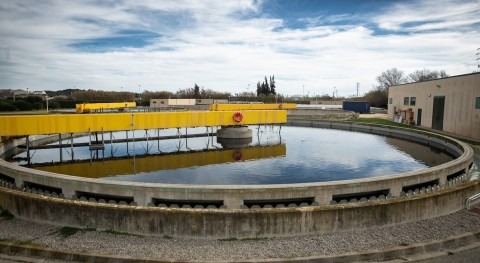Detroit residents whose water supply had been disconnected due to lack of payment should have seen their services resumed, according to city authorities, but there are still families without running water who needed the help of a charity to pay their bills, informs The Guardian.
Before the COVID-19 crisis, Detroit’s policy was to suspend the water services of residents once they accumulated $150 in unpaid water bills, resulting in an estimated 2,800 households without running water when the pandemic started.
Early in March, Detroit was the first city to announce plans to suspend water shutoffs and reconnect water services to all residents, as part of efforts to prevent the spread of the coronavirus. The moratorium included the state’s agreement to pay a $25 reconnection fee. But residents who receive assistance from the Brightmoor Connections Food Pantry report no knowledge of the measure, and the nonprofit had to continue to deliver bottled water to people in need after the moratorium. In fact, Brightmoor has paid to restore water services as well as to keep people housed, even though a state-wide moratorium on evictions is in place.
A spokesperson for the Detroit Water & Sewerage Department (DWSD) said customers had not been asked to pay past due bills during the pandemic, and said notices threatening service interruption could have been issued due to technical errors in their billing system.
On the other hand, the city has had other issues with running water in the past: in 2017 9% of the children in the city were found to test positive for lead poisoning, a higher percentage than in Flint.
Rev Roslyn Bouier, Executive Director of Brightmoor, has said her clients are terrified because water is still being shut off in real time: “It is such a clear response that’s needed: turn the water on. Keep the water on.”





